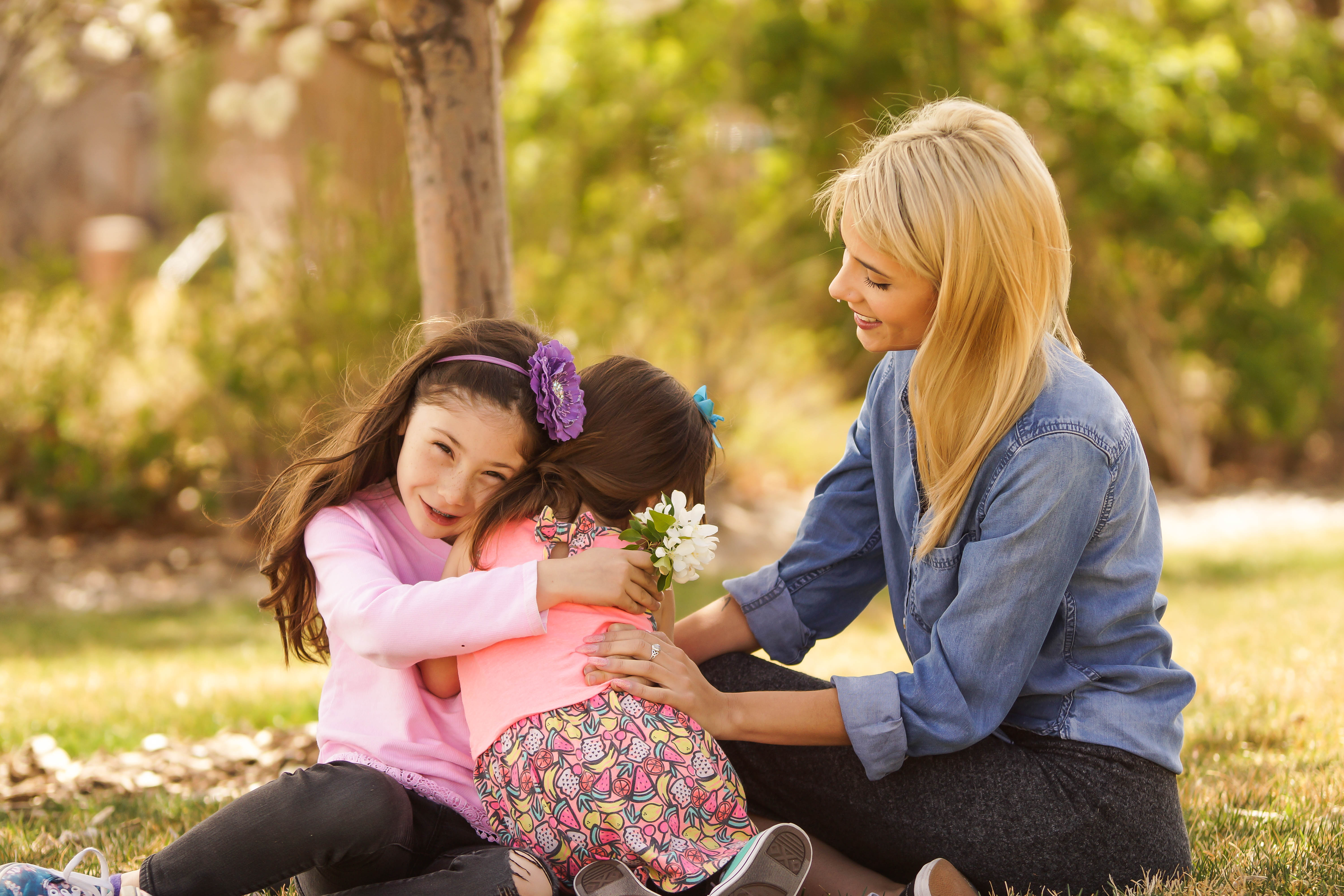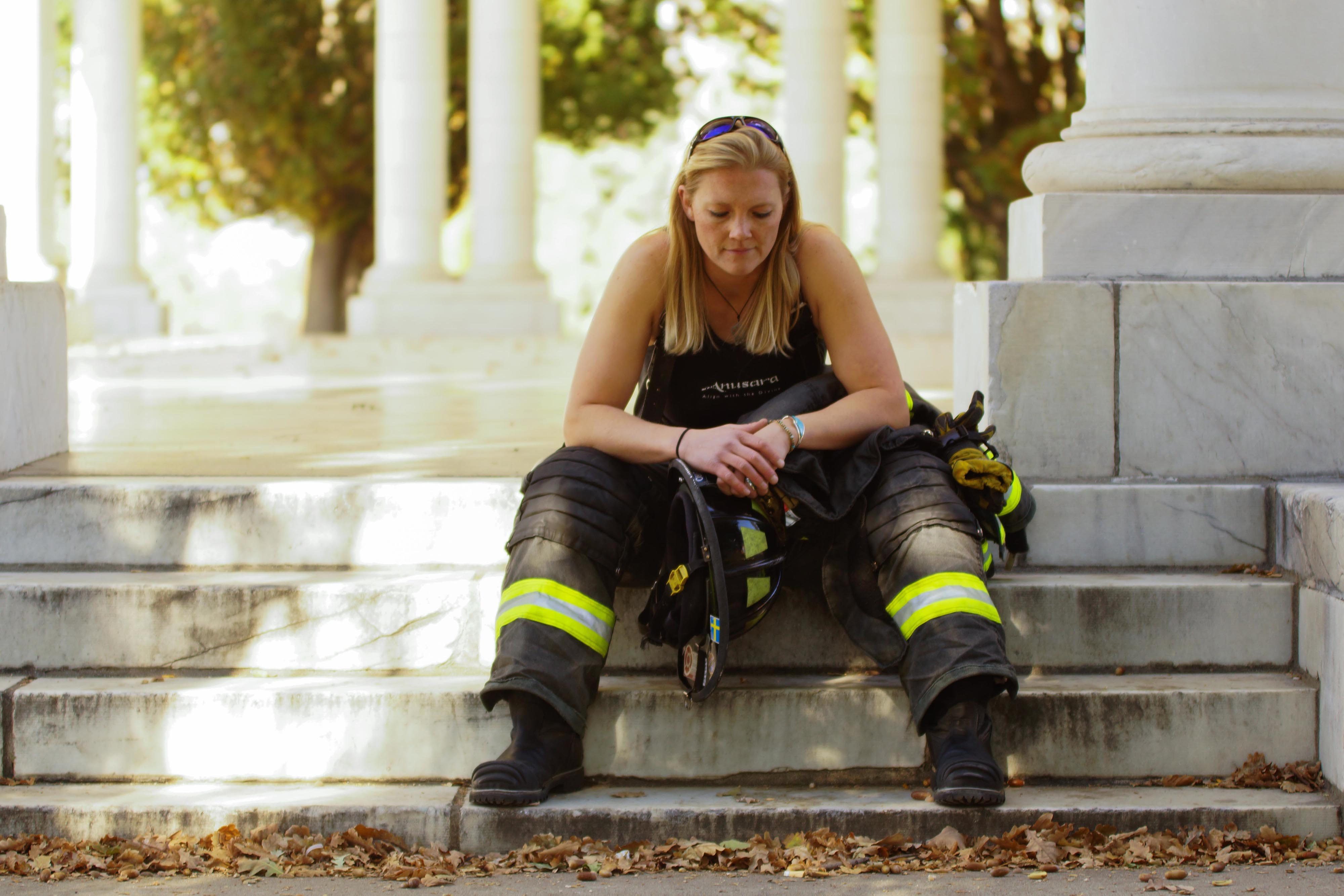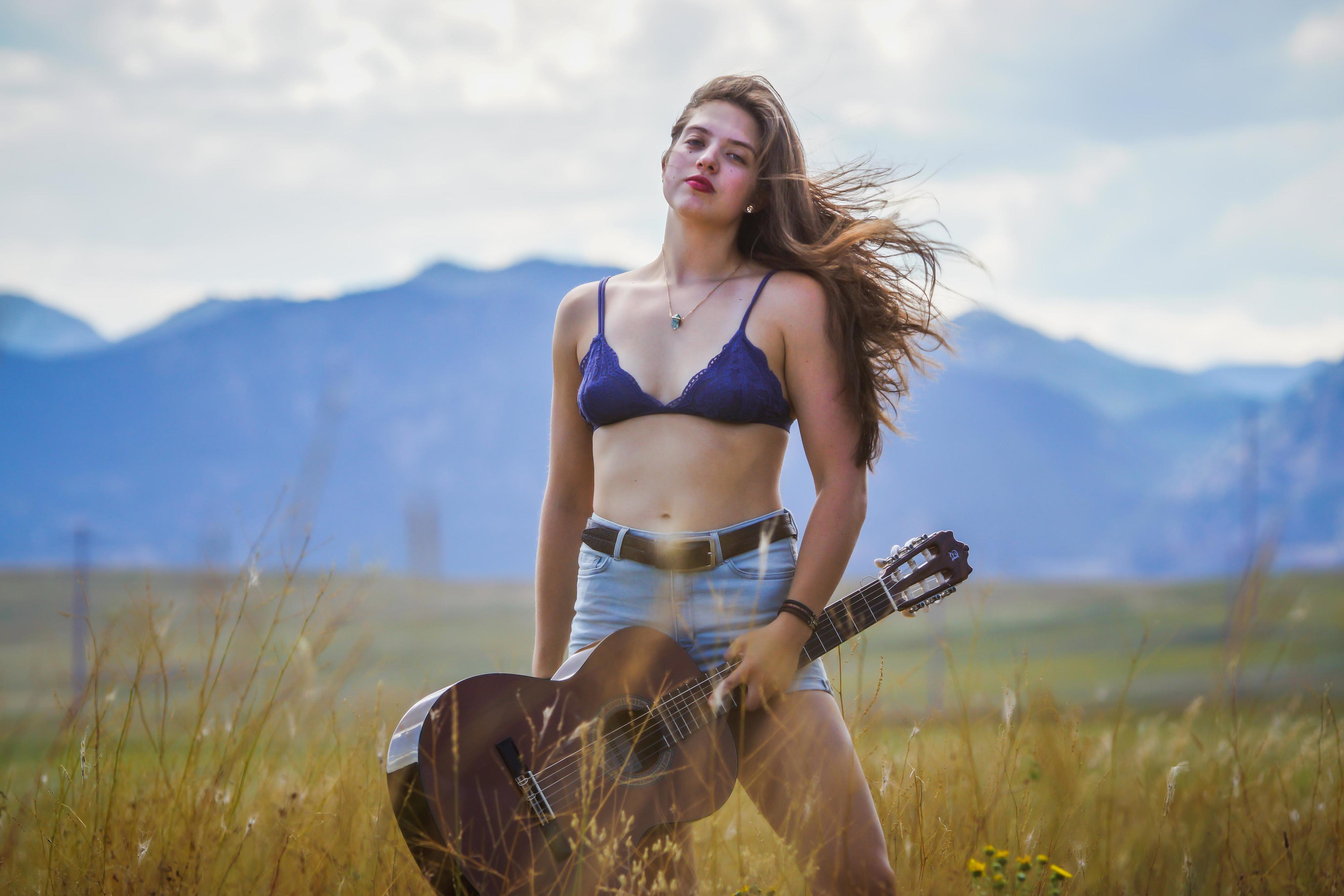“You’re too pretty to be gay.”
“Are you sure you just haven’t found the right man?”
These are common questions a queer woman who doesn’t “look like a lesbian” faces. They are accompanied by judgments about the validity of whether or not these feminine women can actually look that way and really be gay, and they aren’t just coming from straight people.
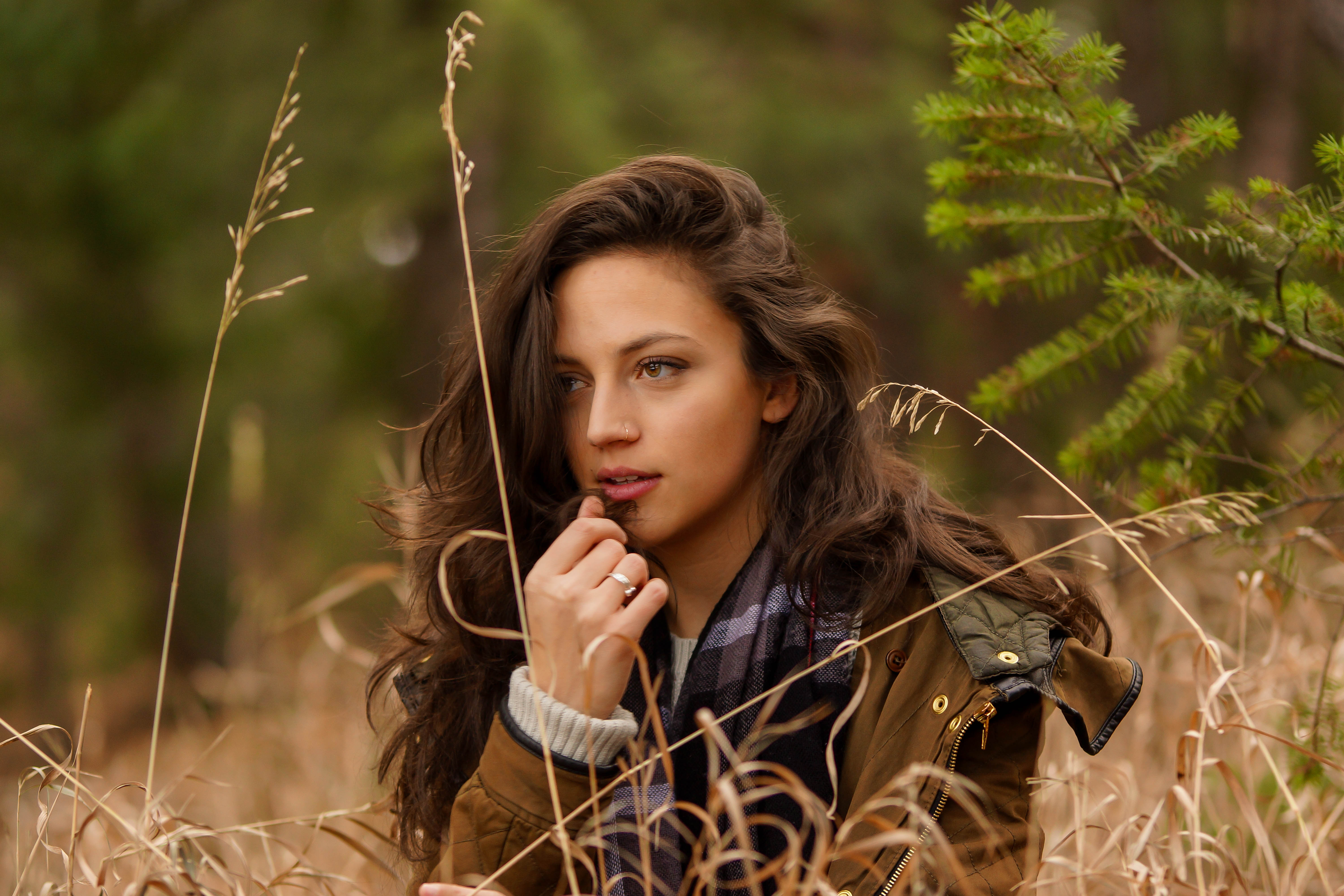
According to Denver photographer, Rachael Zimmerman, there is a hierarchy among queer women that mimics the one found in the male-dominated heterosexual world. Masculine and androgynous women are in the upper echelons of the system, making it even more challenging for feminine lesbians to find acceptance. That’s why Zimmerman started a photojournalist series called Inside the Black Triangle — to draw attention to the fact that there is inequality in a community that says it wants nothing more than for everyone to be equal.
“I was really feeling for the feminine women who are queer because they come to their own community and they’re like ‘yes, I’m here’ and then everyone is like ‘no, you’re not though.’ These women have to prove themselves and maybe go against who they are to feel more gay and visible and like they exist in their own space so I thought that was bullshit. I wanted to help people share their stories whether they are feminine or not that’s really the inspiration — gender and the hierarchy,” explained Zimmerman.

Inside the Black Triangle — named so after the symbol used in Nazi Germany to identify people with atypical behavior — features women from all over the world, including Olympic snowboarder, Cheryl Maas, and professional soccer player, Megan Rapinoe. The project started with Zimmerman’s own struggles to fit in. “I was misgendered all the time and I was getting really tired of it,” she said. “I started looking at that and sexuality and I noticed the queer community was playing into the gender hierarchy. Androgynous women are saying they’re gayer than feminine women, but these things don’t relate. Your hobbies and personal preferences don’t play into your sexuality.”
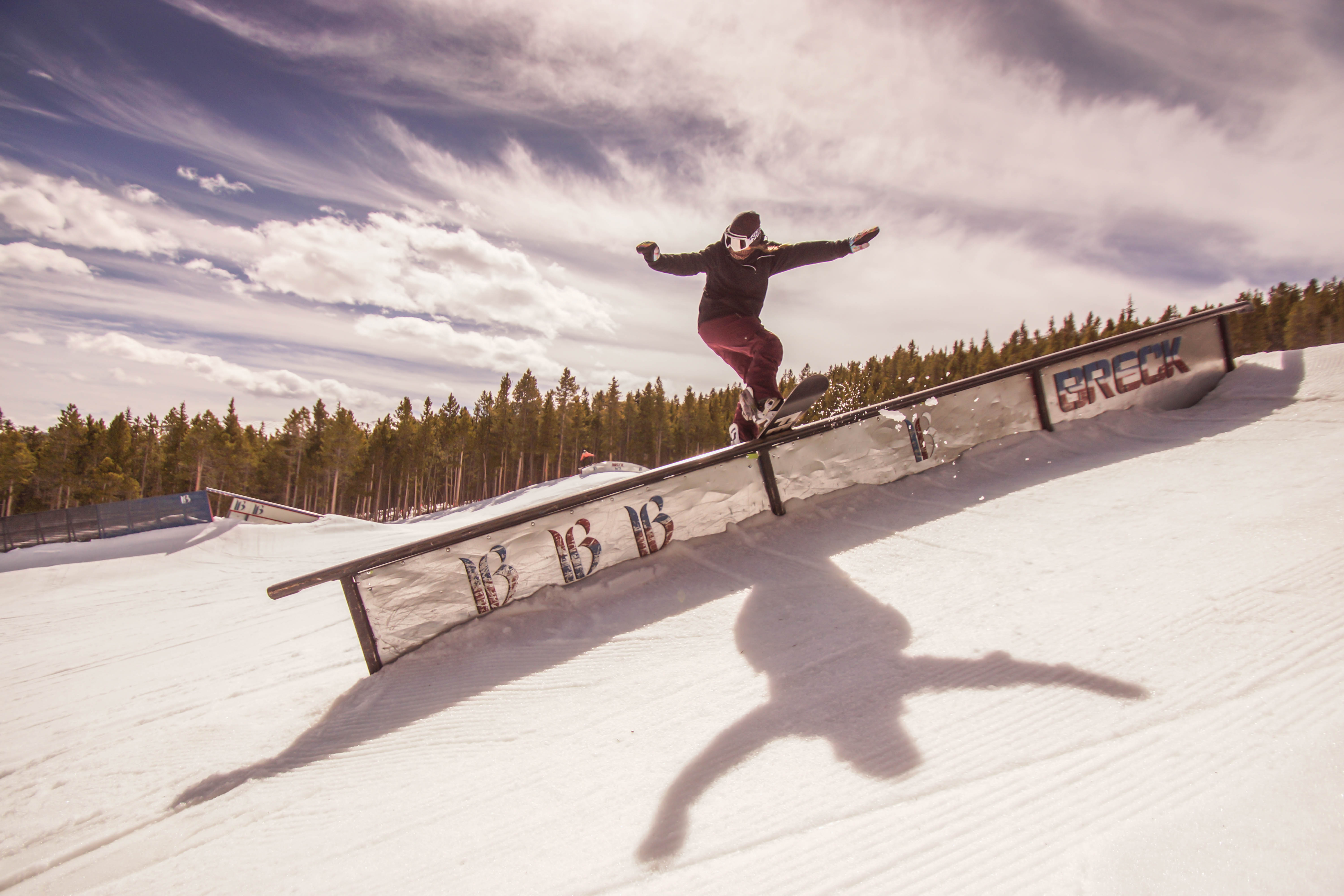
Now, having photographed close to 70 women, Zimmerman has learned the power of storytelling and the gravity of the project she’s taken on. “It’s been amazing how vulnerable people are and willing to share their stories for the greater good and awareness,” she said. “I’ve met some of my now best friends from the project. The relationship is different because you tell someone so much about yourself and your life and it makes you really vulnerable so it’s a deeper connection in a lot of ways.”
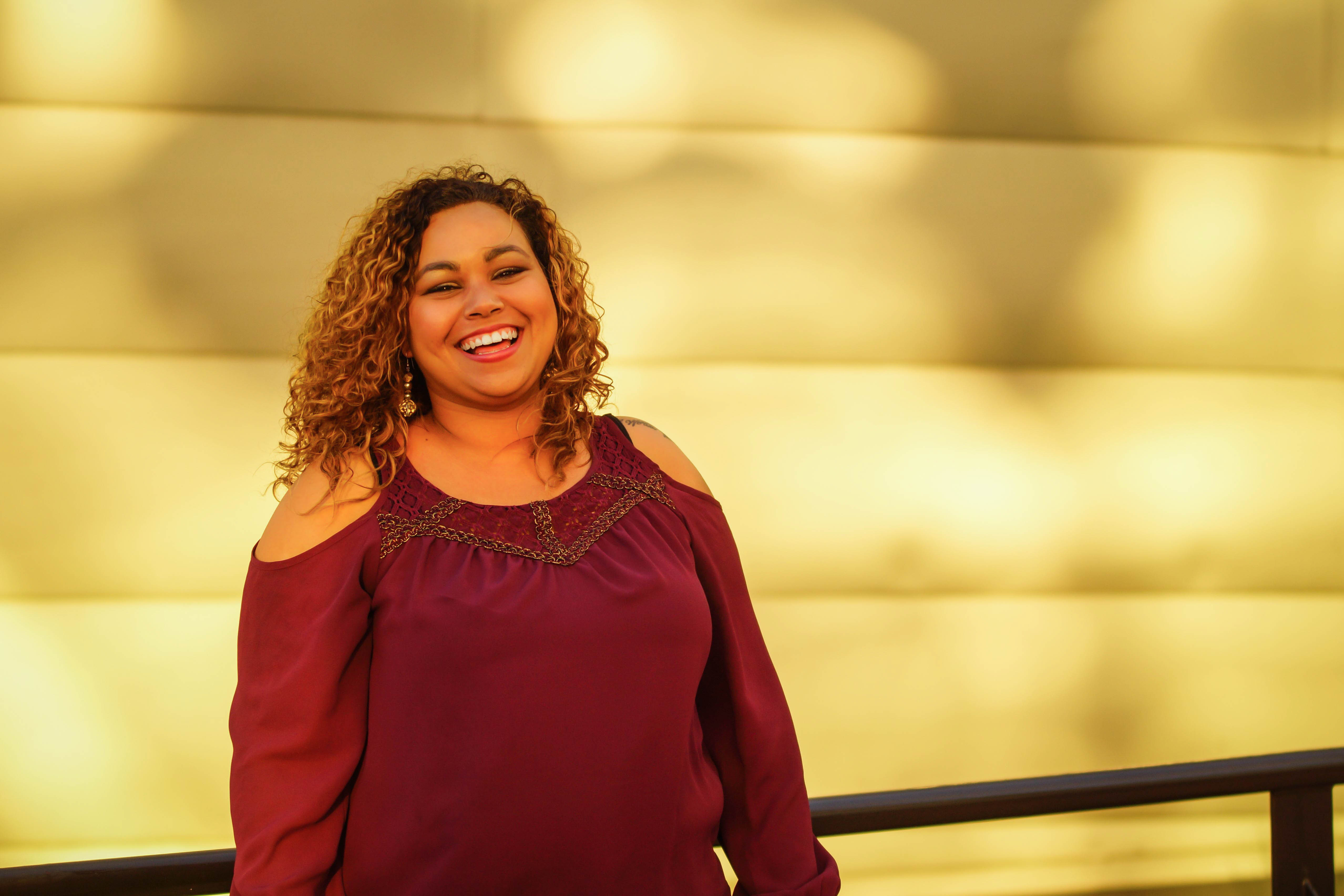
Next up for Zimmerman is a mini photo series that will be an extension of Inside the Black Triangle this weekend during Denver PrideFest. “I just really want to showcase how much diversity there is within Pride. I’m hoping to get an older generation to come through and really keep it fun,” she said. She also recently launched some limited edition t-shirts for Pride season on Shopify. Beyond that, she hopes to travel the world and continue her mission as an agent for change, not only for queer women but for all marginalized groups in need. “This project has been pretty cool because the more stories we share — whether you’re in the community or not — you might relate to something you understand and if you have compassion for it, with that we can continue to be better.”
Zimmerman’s Inside the Black Triangle booth will be at Denver PrideFest at Civic Center Park on Saturday from 11 a.m. to 7 p.m. and Sunday from 10 a.m. to 6 p.m.
All photography by Rachael Zimmerman.
